| Recipient of the Science Prize |
International Recognitions |
Press Releases and Press Reports |
Award of the First International Science Prize 2023 of the HGBS on the Theme:
Climate Change and Conflicts |
Topical
Prof. Tobias Ide becomes a Prof. for a professorship
Documentation
- See detailed documentation (in German) with texts and videos is here:
International Reports (in English)
National Reports (in German)
Local Press Reports (in German)
- Brunhild Wössner: „Beeindruckende Arbeiten ausgezeichnet . HGB-Stiftung für Frieden und Ökologie im Anthropozän zeichnete Schüler aus dem Landkreis aus – Grußwort aus Mexiko“, in: Rhein-Neckar-Zeitung, Nr. 164, Mittwoch, 19. Juli 2023, S. 5 <Link>
- Frank Heuß: „Internationale Preisverleihung der HGBS – Preise für Schüler und Wissenschaftler Vergeben“, in: Stadtanzeiger Mosbach, 20 July 2023, p. 16.
- Frank Heuß: „Schulmusikpreis der HGBS: Claire Miller und Debora Kreß ausgezeichnet“, in: Stadtanzeiger Mosbach, 20 July 2023, p. 16.
Announcement of the Prize Recipient Tobias Ide
Press Reports and Feedback on the Science Prize and Book
- Network for Education and Research on Peace and Sustainability (5 June 2023)
PD Dr. Tobias Ide receives a Professorship at Hiroshima University (Japan)
- International Peace Research Associations IPRA, USA (27.4.2023)
The Global Jury of the HGB Foundation for Peace and Ecology in the Anthropocene has awarded its First International Science Prize to Tobias Ide (Murdoch University, Perth Australia). In addition, Tom Deligiannis (Laurier University, Waterloo, Canada) and Richard Marcantonio (University of Notre Dame, Indiana, USA) will receive international recognition in the form of a publishing contract for a book with an honorarium.
- International Studies Association (ISA), Environmental Studies Section (ESS), Newsletter
- MIT PRESS, Cambridge, MA, USA (17.3.2023)
- Forschung und Lehre 4/23; s. 285
Programme of the Prize Award, 14 July
Reports on the Prize Award, 14 July 2023
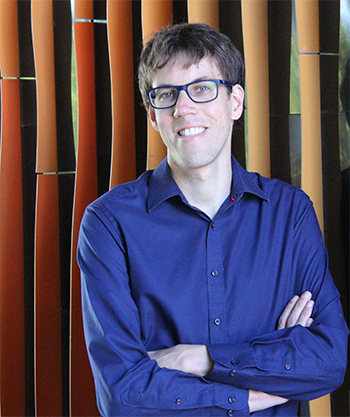
© Tobias Ide
Press photo: Tobias Ide (1)
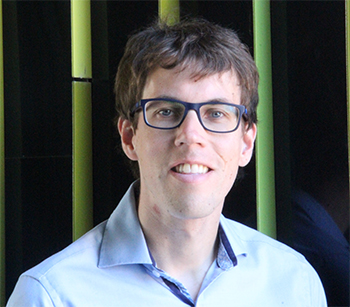
© Tobias Ide
Press photo: Tobias Ide (2)
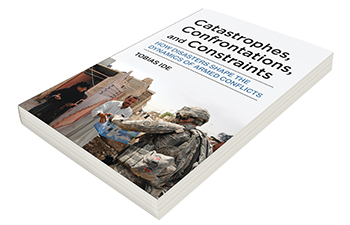 ©MIT Press, Cambridge, Massachusetts, USA ©MIT Press, Cambridge, Massachusetts, USA
Press photo: book cover, small
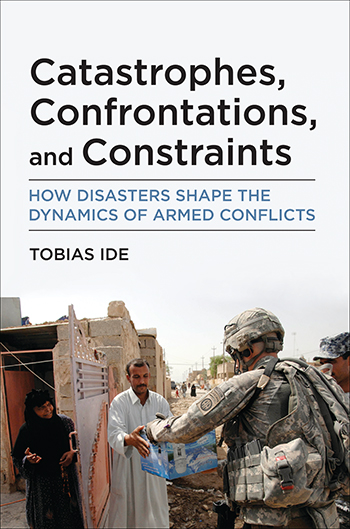
Press photo: book cover, large
Announcements of the Call for Submissions to the first International Science Prize (Autumn/Fall 2022)
Feedback on the Announcement of an Intenational Recognition of the HGB Foundation for Tom Delingiannis (Canada) und Richard Marcantonio (USA)
|
The Foundation Board has awarded Tobias Ide from Murdoch University, Perth (Australia) as the first International Science Prize winner of 2023 for his book: Catastrophes, Confrontations and Constraints – How Disasters Shape the Dynamics of Armed Conflict published by MIT Press, 6 June 2023. The award ceremony took place on Friday, 14 July 2023, in the Alte Mälzerei in Mosbach (Germany). The Prize consists of a certificate and a prize money of 3.000 Euros. The prize will be awarded annually in Mosbach (Germany). |
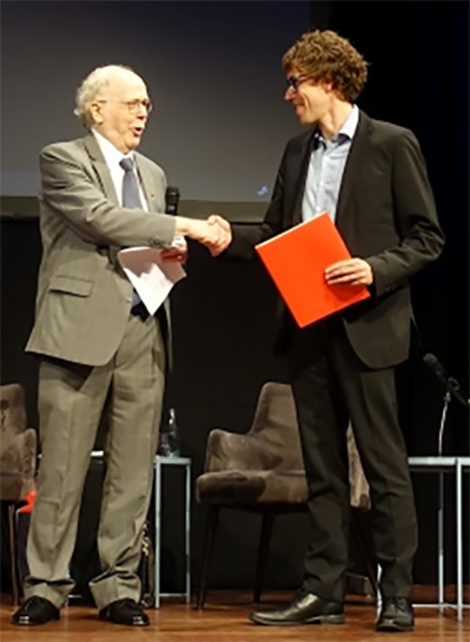
|
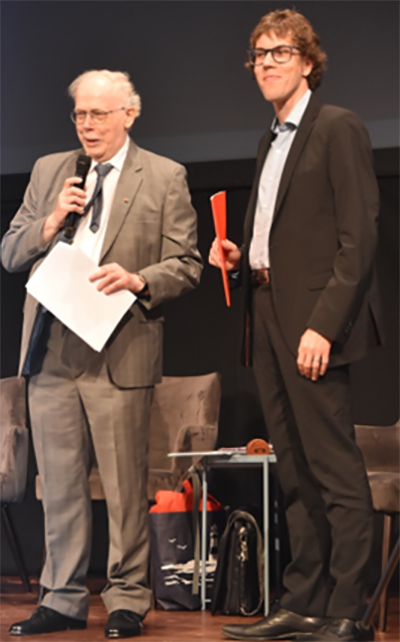 |
| PD Dr. Hans Günter Brauch (HGBS founder and board chairman) awards the first International Science Prize 2023 on Climate Change and Conflicts to Prof. Dr. Tobias Ide (Murdoch University, Perth, West Australia) |
|
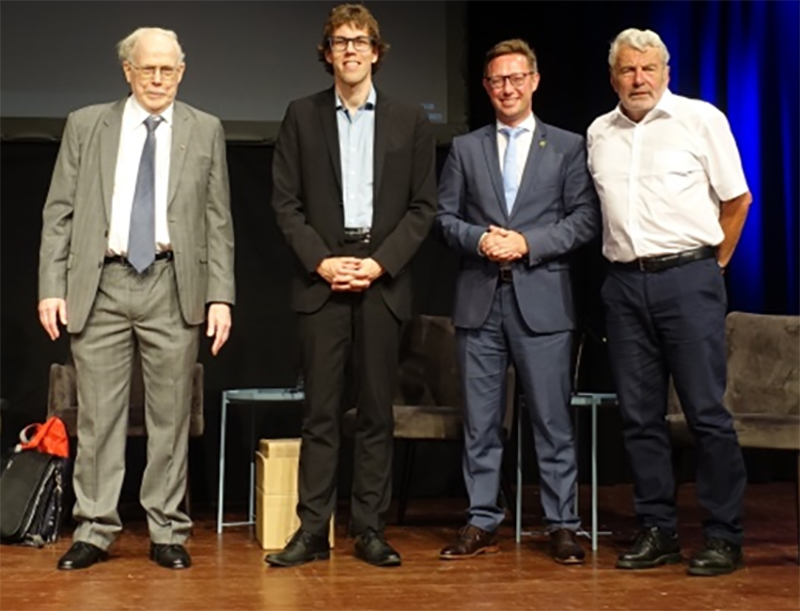 |
| Hans Günter Brauch (HGBS founder), Tobias Ide (International Science Prize Recipient), Julian Stipp (Lord Mayor of Mosbach), and Hans Happes (HGBS Board member). Photos: Christina Bock (Hassmersheim; Frank Heuß (Mosbach, Germany). © HGB Foundation 2023. |
Two International Recognitions
|
| The Prize Recipient of the first International Science Prize |
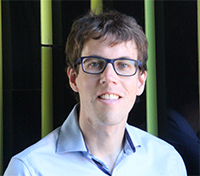
|
Dr. Tobias Ide
(born in 1985) is Senior Lecturer in Politics and International Relations, Murdoch University (Perth, Australia). He also holds appointments as a Specially Appointed Professor for Peace and Sustainability at Hiroshima University and as Adjunct Associate Professor for International Relations at Braunschweig University (Germany). He received his BA and MA from Leipzig University, his PhD from Hamburg University (2015), his advanced PhD (Habilitation) from Braunschweig University) 2019.
From 09/2019 – 01/2021 he was a Fellow at the School of Geography, University of Melbourne and from 05/2015 – 08/2019 Coordinator of the Research Field Peace and Conflict at the Leibniz Institute for Educational Media in Braunschweig.
His PhD thesis was on Towards Methodological Pluralism: An Empirical Evaluation of Research Methods for Assessing the Link between Climate Change and Violent Conflict and his habilitation focused on Ecological Cooperation as a Way to Avoid Conflict: Environmental Peacemaking and Environmental Peacebuilding in International Politics.
He received research grants from the German Federal Foreign Office, the Australian Department of Defence, the German Research Foundation, the Albert Shimmins Fund, the Australian Research Council, the Global Challenges Foundation, the Foundation for German-American Academic Relations, a Fellowship by the German-Israeli Cooperation in Water Technology Research Program, a scholarship by the German Federal Environmental Foundation and by the Heinrich Böll Foundation.
In 2022 he was awarded the Vice Chancellor's Excellence in Research Award (Murdoch University), the Emerging Peace Scholars Awards of the International Studies Association and the Enhancing the Environmental Peacebuilding Knowledge Base Award. Tobias Ide has taught at Murdoch University, Perth, Australia, at Braunschweig University, University of Melbourne, and the University of Hamburg, among others.
He has widely published in world-leading peer-reviewed journals and he reviewed for major social science journals (in peace research, security studies and on environmental and conflict issues and is founding editorial team member of the new SAGE-Journal on Environment and Security.
He has been widely engaged in the academic community as an elected member of the Board of Directors, Environmental Peacebuilding Association (2020-2023), as a member of various scientific advisory boards and of the scholarship selection committee of the Heinrich Böll Foundation. He served as a consultant for international (United Nations Office of Internal Oversight Services, GEF, UNESCO Global Education Monitoring Report, NATO’s Technical Team Climate Security and Defence Activities, for the Joint Research Centre of the European Commission) and national governmental (German Federal Foreign Office, German Parliament, of the US Department of State in Berlin, of USAID, and of the Governor of Western Australia) and of nongovernmental organisations (Mediterranean Experts on Climate and Environmental Change and EcoPeace). |
| |
| The Book |
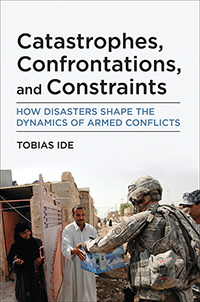 |
A ground-breaking study on how natural disasters can escalate or defuse wars, insurgencies, and other strife.
Armed conflict and natural disasters have plagued the twenty-first century. Not since the end of World War II has the number of armed conflicts been higher. At the same time, natural disasters have increased in frequency and intensity over the past two decades, their impacts worsened by climate change, urbanisation, and persistent social and economic inequalities. Providing the first comprehensive analysis of the interplay between natural disasters and armed conflict, Catastrophes, Confrontations, and Constraints explores the extent to which disasters facilitate the escalation or abatement of armed conflicts—as well as the ways and contexts in which combatants exploit these catastrophes. Publisher: MIT Press.
Tobias Ide utilizes both qualitative insights and quantitative data to explain the link between disasters and the (de-)escalation of armed conflict and presents over thirty case studies of earthquakes, droughts, floods, and storms in Africa, the Middle East, Asia, and Latin America. He also examines the impact of COVID-19 on armed conflicts in Iraq, Afghanistan, Nigeria, and the Philippines. Catastrophes, Confrontations, and Constraints is an invaluable addition to current debates on climate change, environmental stress, and security. Professionals and students will greatly appreciate the wealth of timely data it provides for their own investigations. |
|
| |
|
|
| Endorsements for the Prize Winning Book by Members of the Global Jury |
| |
|
|
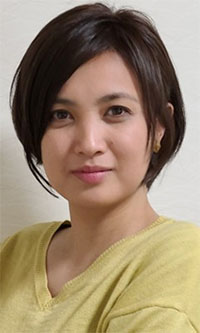 |
Assoc. Prof. Dr. Dahlia Simangan
Graduate School of Humanities and Social Sciences, and Network for Education and Research on Peace and Sustainability, Hiroshima University, Japan |
“Tobias Ide provides a refined analysis of the relationship between disasters and armed conflicts. What sets the book apart from what is already known about this relationship is the evidence of pathways for conflict de-escalation—a policy-relevant finding for enhancing opportunities to foster peace in the aftermath of disasters.” |
| |
|
|
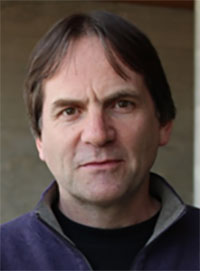 |
Prof. Dr. Simon Dalby,
Balsillie School of International Affairs, Wilfrid Laurier University (Em.), and Senior Fellow, Center for International Governance Innovation, Waterloo, Canada. |
“Tobias Ide's well written volume provides a comprehensive synthesis of numerous case studies of the complicated relationships between disasters, conflict and environmental change, showing just how complicated the linkages are as well as the importance of good governance in preventing both conflict and disaster casualties.” |
| |
|
|
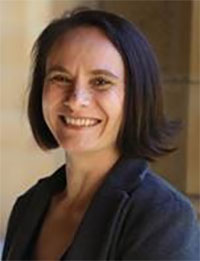 |
Susan Park,
Professor of Global Governance, School of Social and Political Studies, University of Sydney supervises higher degrees. |
“In examining the disaster-conflict link, Ide identifies not only how disasters influence armed conflict, but explores the pathways for disasters to help de-escalation. An important contribution for environmental studies, peace and conflict, and international relations.” |
| |
|
|
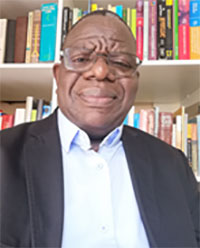 |
Assoc. Prof. Dr. Jean Chrysostome Kimbuku
Kiyala, Senior lecturer, Faculty of Management Sciences, Durban University of Technology, visiting Professor (University of Bandundu, DRC). |
“Tobias Ide’s very insightful book is on the cutting edge of peace ecology. It is all-inclusive. It rethinks conventional peacebuilding’s relations with peace processes in Sub-Saharan Africa; more importantly, it elaborates on climate change-induced conflicts while setting forth the roadmap for environmental peacebuilding and prospects of mitigating natural disasters-generated violence”. |
| |
|
|
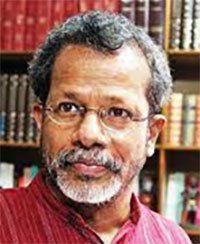 |
Prof. Dr. Imtiaz Ahmed, Professor of International Relations, Director, Centre for Genocide Studies, University of Dhaka, Bangladesh |
"Anyone interested in armed conflicts in recent times must look beyond the immediate events and see what prompted humans to engage in conflicts. One factor comes out clearly: 'disasters triggered by extreme natural events,' the contention of Tobias Ide's book. Reading his book allows us to understand the disaster-armed conflict relationships on a vast scale, stretching from Bangladesh to Russia, Afghanistan to Algeria." |
| |
|
|
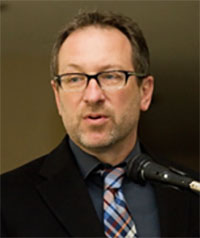 |
Richard Matthew
(BA McGill; PhD Princeton), Professor, Urban Planning and Public Policy; Director, Blum Center for Poverty Alleviation, University of Ca lifornia, Irvine School of Social Ecology, Irvine, CA USA |
Do disasters make war more or less likely to occur and difficult to end? Through a rigorous analysis based on some 30 cases, Tobias Ide explores the complex relationship between disaster and conflict, clarifying the conditions under which escalation and deescalation occur. A wonderful contribution to environmental security research. |
| |
|
|
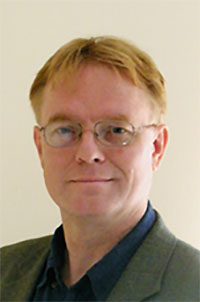 |
Prof. Dr. Jürgen Scheffran, Deparment of Geography, Hamburg University, Research Group Climate Change and Security (CLISEC) at the Cluster of Excellence CliSAP, Hamburg University, Germany. |
With great pleasure I congratulate Tobias Ide for receiving the First International Science Prize 2023 of the HGB Foundation. In our first communication of March 2011 he asked me for supervision of his PhD project in the Research Group Climate Change and Security (CLISEC) at University of Hamburg. With remarkable ambition, skills and productivity Tobias applied a wide range of qualitative and quantitative research methods, both empirically and theoretically. He investigated highly relevant interdisciplinary issues at the science-policy interface, from the nexus of climate and conflict risks to environmental peacebuilding. Here he has become an outstanding scholar and driving force shaping this research field in which he published novel results in numerous articles in top journals and edited volumes, in some of which we had the opportunity to collaborate. I wish Tobias all the best for his future career. |
| |
|
|
|
Two International Recognitions |
Two applicants for the First International Science Prize 2023 were offered an International Recognition (Contract Award) for a free publication of their PhD Thesis or for an unpublished authored or edited book for which they will obtain a honorarium. The colleagues who received these recognitions are:
- Dr. Tom Deligiannis, Wilfrid Laurier University, Faculty of Global Studies, Waterloo, Ontario, Canada
- Ass. Prof. Dr. Richard Marcantonio, Assistant Teaching Professor, Notre Dame University, USA
 |
Dr. Tom Deligiannis, Wilfrid Laurier University, Faculty of Global Studies, Waterloo, Ontario, Canada
for his manuscript on Environmental and Demographic Change and Rural Violence in Peru: A Case Study of the District of Chuschi, Ayacucho for which he obtained his PhD at the University of Toronto under the guidance of Prof. Dr. Thomas Homer-Dixon and Prof. Dr. Simon Dalby.
The Certificate of the International Recognition is here.
An Excerpt of the Publishing Agreement with Springer Nature is here.
The announcement of his book in the Anthropocene Series will be here after submission of the book for production. |
| |
|
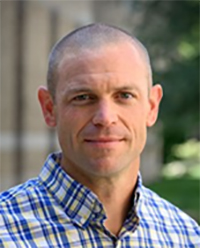 |
Ass. Prof. Dr. Richard Marcantonio,
Meyers Business on the Frontlines Program, Department of Management and Organization, Mendoza College of Business, University of Notre Dame. Faculty Fellow at the Kroc Institute, Kellogg Institute, the Lucy Institute, the Environmental Change Initiative and the Deloitte Center for Ethical Leadership for a new authored or edited book with texts on peace, ecology in the Anthropocene (since 1945).
Environmental Violence- In the Earth System and the Human Niche (Cambridge: Cambridge University Press, 2022).
The Certificate of the International Recognition is here.
An Excerpt of the Publishing Agreement with Springer Nature is here.
The announcement of his book in the Anthropocene Series will be here after submission of the book for production.
|
|
|
| The Foundation (HGBS) |
|
| The Hans Günter Brauch Foundation for Peace and Ecology in the Anthropocene (HGBS) was established on 8 May 2020 on the 75th anniversary of the end of World War II and of the liberation of Europe and Germany from fascism to address both research and education, globally and locally, on peace, ecology in the Anthropocene—the new epoch in Earth History that started on 16 July 1945 with the first test of a nuclear weapon in Alamogordo (USA). Each year the HGBS Board awards locally prizes to high school students at four high schools in the Neckar Odenwald County in Baden Wuertemberg in South Germany and since 2023 an International Science Prize. |
|
| First International Science Prize 2023 of the HGB-Foundation |
|
| The International Science Prize of the HGBS accepts innovative, high quality theoretical and empirically based studies of researcher from all continents on specific themes linking Social Sciences research on peace research, ecology and the Anthropocene. The researchers may apply themselves or be nominated by professors and heads of departments and institutes. The requested research studies may be published peer-reviewed scientific articles or single-authored books published by publishers with a high reputation or book-length manuscripts (PhD theses, advanced PhD or habilitation theses. The applications are reviewed and evaluated by members of a gender-balanced international jury representing all five continents. |
|
| The Theme of 2023: Climate Change and Conflict |
|
| The theme of the first international Science Prize of the HGBS has evolved since the end of the Cold War (1989) and has become a theme of the international security debate in diplomacy since 2007 and of social science discourses since 2010. Tobias Ide’s work contributes both to theoretical, empirical, methodological and policy features. Ide’s book on Catastrophes, Confrontations, and Constraints advances our knowledge and inspires future research activities. |
|
| Mosbach: A Medieval Town of Advanced Education |
|
Mosbach is an old town (1250 years old) with about 25.000 inhabitants in Baden-Württemberg where in 1980 a dual university (DHBW) was established as one of nine locations in Baden-Wuerttemberg in Southwestern Germany.
More than 3.600 students are enrolled in its 33 undergraduate study degrees. In addition to their studies, the students work at one of more than 1,100 companies, which cooperate with the university as corporate partners. Its two schools of Business and Engineering have subdivisions, such as the department of Business Studies offering specialisations in International Business, Banking, and Health Care Management, amongst others. A special BA and MA on Sustainability Studies is being set up in 2024 and a focus on sustainable housing is being planned. |
|
| Neckar Odenwald County in South Germany in a Region in Peace with Nature |
|
The Neckar Odenwald County offers unique opportunities for sustainable tourism in an environmentally and historically rich natural environment and aims for peace with nature. Situated in the Neckar Valley between Heidelberg University and technical schools of higher education in Heilbronn. It has remnants from the Roman period (Limes, a residence of the emperor during the Staufer period in the Middle Ages. It was, a battle ground of the farmers’s rebellion (1525) and during the 30 years’ war (1618-1648).
During WWII it was a hidden place for war production (project goldfish), of a small concentration camp of forced labour, where after WW II German refugees from the Balkans were housed and where today two high schools exist that have pioneered international school exchanges and town partnerships.
The Preamble to the Constitution of UNESCO declared in 1945 that “since wars begin in the minds of men, it is in the minds of men that the defences of peace must be constructed”. Therefore, the HGBS cooperates with both high schools: The Auguste Pattberg High School and the Nicolaus-Kistner High School with annual book gifts on peace, ecology and the Anthropocene and the award of pupils prizes for innovative individual or collective work. |
|
| |
|
|


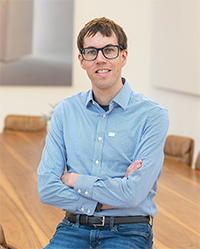
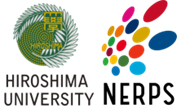
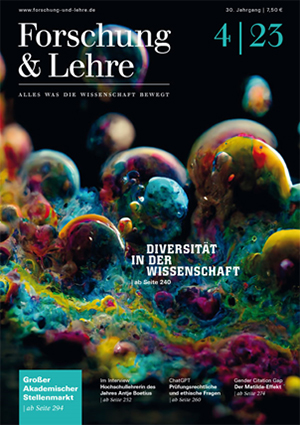


 ©MIT Press, Cambridge, Massachusetts, USA
©MIT Press, Cambridge, Massachusetts, USA












